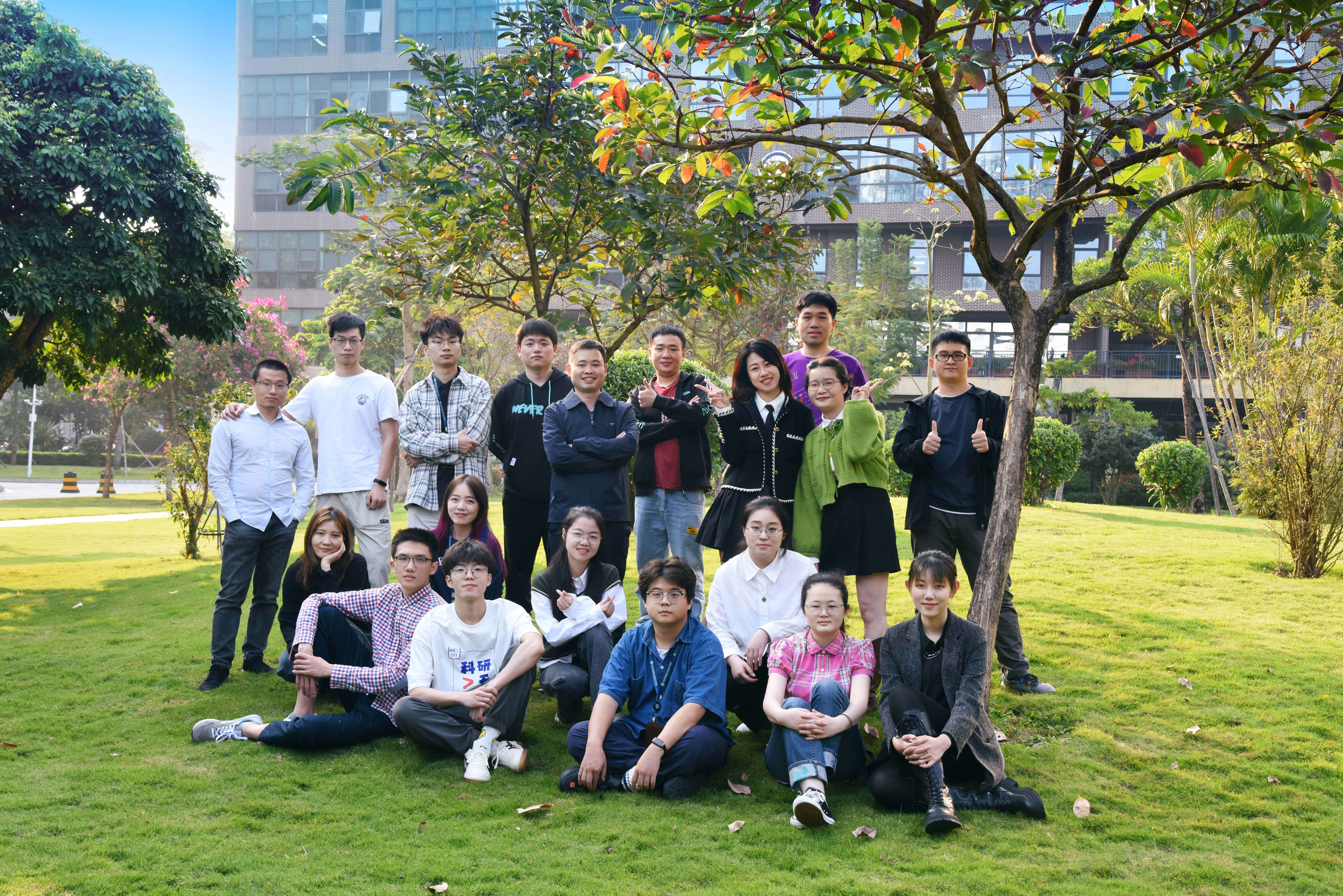
Our research group focus on intelligent computational methods and clinical application research on multi-modal tumor imaging such as computed tomography(CT), magnetic resonance imaging(MRI), Ultrasound(US), Endoscopy and Pathology. Since malignant tumor is a complex and heterogeneous disease, as well as the physical, chemical, and biological characteristics of different imaging technique, a single imaging method has its limitations in resolution, sensitivity, and contrast for tumor imaging. To leverage the information of cross-modality imaging, we develop learning-based computational methods to capture micro-level tumor characteristics by computing imaging and automatically segment tumor/OARs and extract information from radiology images and digital pathology for diagnosis, treatment planning, intraoperative navigation, and prognosis prediction.
The Qin Group focuses on cutting‐edge research in the interdisciplinary of computer science, medical physics, and biomedical science, developing and applying computational methods to biomedical optical imaging and multi-modality of medical data analysis for precision tumor diagnosis and therapy. The lab develops novel methods in computing optical imaging, image computing and analysis, computing visualization, and AI, including computing reconstruction, unsupervised generative network, multi-modal fusion, and multi-task learning, weak supervision, mixed reality, and decision theory to tackle the challenges of leveraging multi-modal medical data. Our exciting work is bridging the field of biomedical engineering domains with multidisciplinary collaborations with top scientists at the Chinese Academy of Sciences as well as with other institutions internationally.
We collaborate with a variety of investigators at the Chinese Academy of Sciences as well as with clinical investigators outside SIAT. Our ultimate goal is to bridge the gap between clinical knowledge and engineering--for all oncology knowledge and research data to be captured, structured, accessed, and processed by computers so that we can create and provide novel tools in image workstations for improving clinical effectiveness and efficiency.
The miX-Lab is in the Research Center for Medical Robotics and Minimally Invasive Surgical Devices of the Institute of Biomedical and Health Engineering at Shenzhen Institute of Advanced Technology, Chinese Academy of Sciences.

